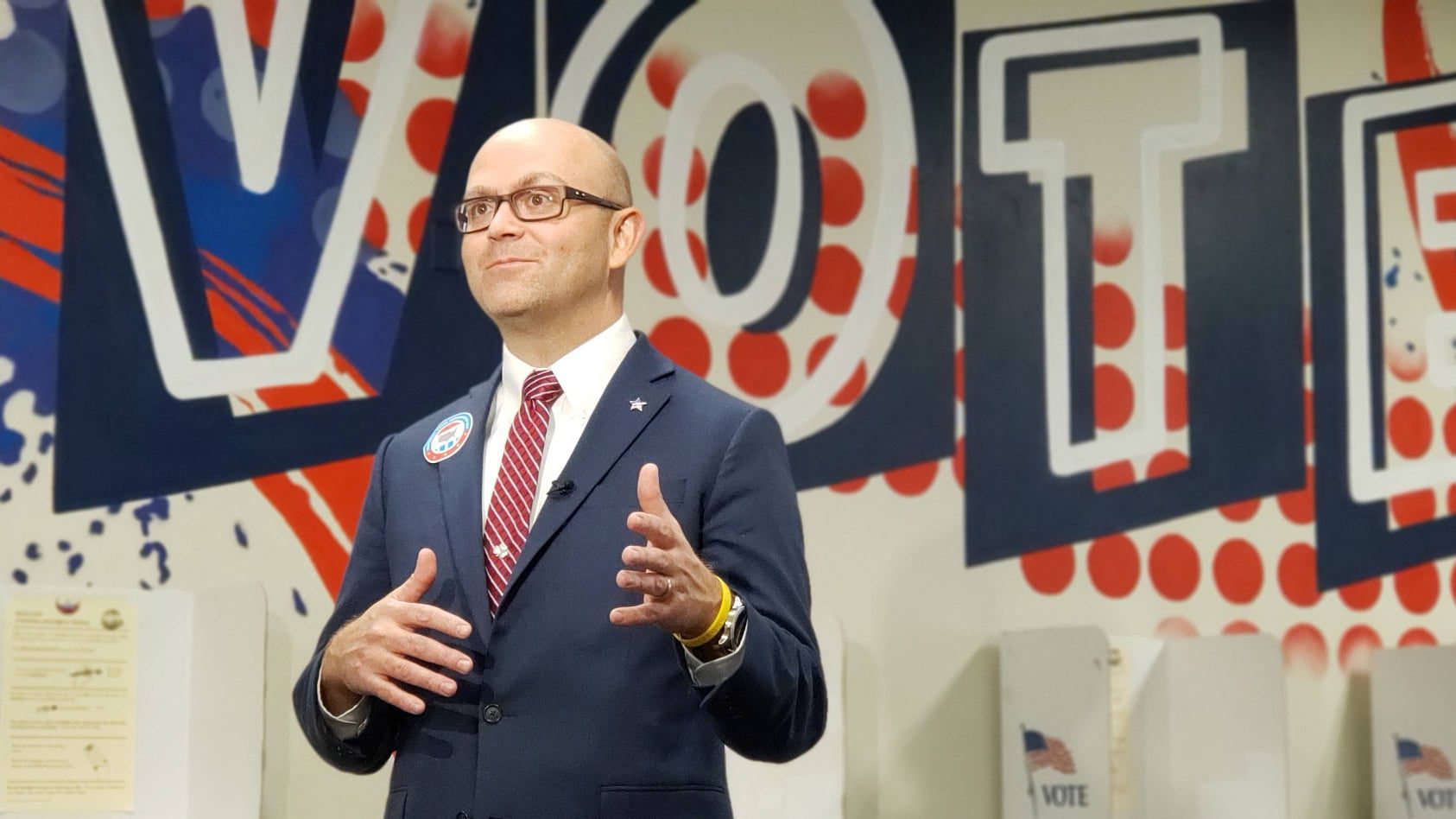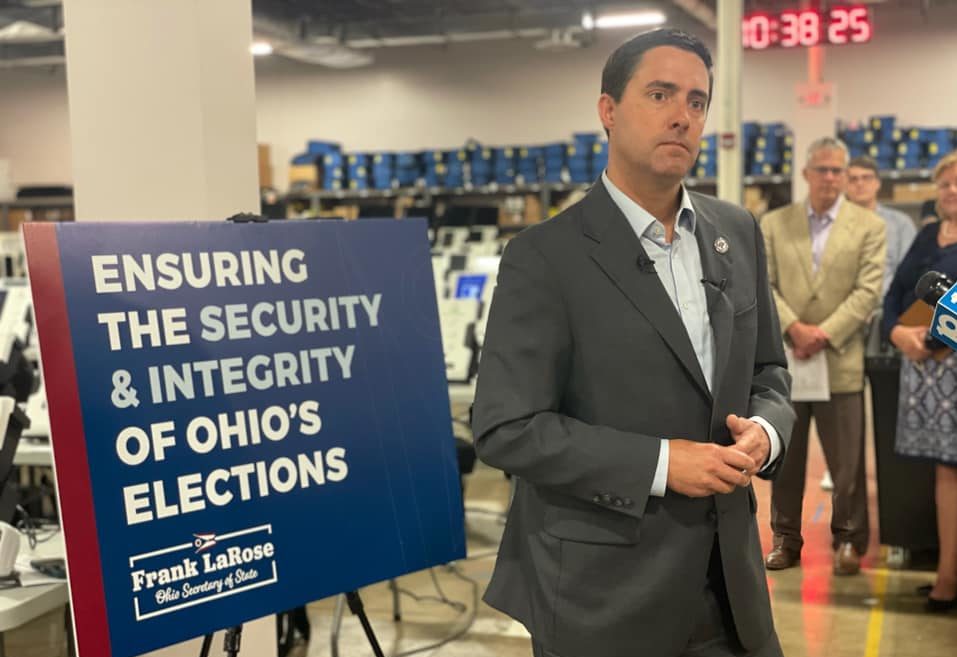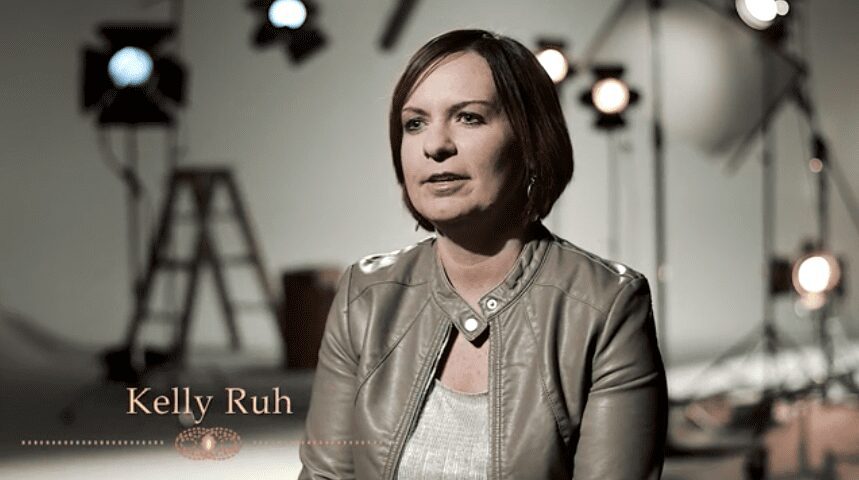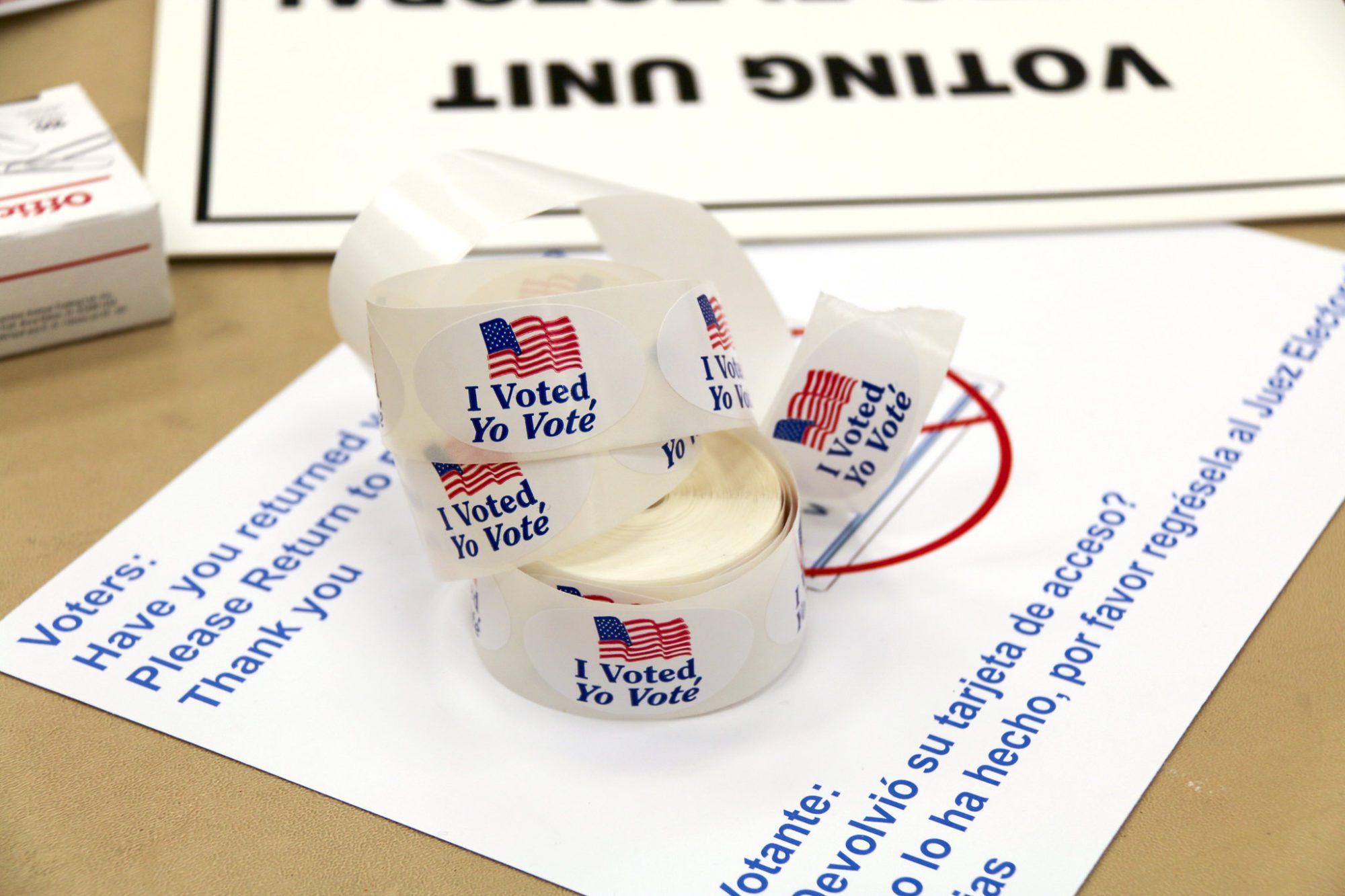Conspiracies Swirl in Idaho Primary for Chief Election Official
Tuesday’s election to become Idaho’s secretary of state is the nation’s latest test of the sway of the Big Lie in a Republican primary.
| May 14, 2022

Idaho Representative Dorothy Moon is on the cutting edge of election conspiracies. Speaking on the floor of Idaho’s state House in March during a debate over a bill to tighten ballot access, she claimed, without providing the slightest bit of evidence, that people were “coming over and voting” in Idaho from Canada.
Moon is now running to be the chief election official in Idaho, and one of her rivals in the Republican primary for secretary of state has a similarly loose grip on the facts. “I do not think that Joe Biden won the presidential election,” state Senator Mary Souza said during a recent televised debate, echoing the false conspiracies spread by former President Donald Trump. “I will call it death by a thousand cuts, as the Chinese would put it. It was ballot harvesting. It was ballot boxes that were … not manned. It was a lot of small changes in the law.”
Moon and Souza face off on Tuesday with a third candidate who, compared to the standards set by these two lawmakers, sounds like he’s running in a different race entirely.
Phil McGrane currently serves as county clerk in Ada, home to Boise, and where a quarter of the state’s population lives. He started working in election administration in 2005, says that Biden won the presidency, and sought a grant to help run the 2020 election smoothly that many in his party now demonize. And in a state where the GOP controls all three branches of government and enjoys a super-majority in the legislature, McGrane is also an unabashedly conservative Republican with the support of all five of Idaho’s living governors.
In a pre-2020 world, McGrane would be the clear front-runner, combining establishment support with the administrator persona that has often characterized secretaries of state. But can a Republican who spurns the Big Lie still win a GOP primary?
Nebraska provided a similar test just last week, when Secretary of State Bob Evnen survived against two Big Lie-touting candidates. Evnen, who has pushed back against conspiracy theories that the 2020 election was marked by irregularities, had the advantage of incumbency, and yet only received a weak 43 percent of the vote.
Election-denying candidates for secretary of state are running in many states this year, including in the battlegrounds of Arizona, Georgia, and Michigan, and Tuesday’s primary in Idaho may mark one of the Big Lie’s first statewide wins. While the responsibilities of these offices differ by state, they wield significant administrative and legal power, often administering voter registration as well as voting and certification processes.
As Trump demonstrated in 2020 when he called Georgia’s secretary of state and told him to “find” enough votes to overturn Joe Biden’s victory in the state, these officials will likely face enormous pressure going forward. Should the far-right take these offices, they could help sympathetic lawmakers investigate dubious claims of irregularities and question election results.
—
McGrane would likely not be progressives’ first choice for the state’s chief election official. He supports the state’s photo ID requirement and its law disenfranchising people with felony convictions until they’ve completed their full sentence, including probation and parole. (That’s uncommonly strict out west: Five of the six states that border Idaho, including Republican-leaning Utah and Montana, enable anyone who is not presently incarcerated to vote.)
When it comes to federal legislation, McGrane’s website says it’s “now more important than ever to protect Idaho’s elections from the influence of D.C.” He wrote a letter to both of Idaho’s U.S. senators urging them to “resist” HR1 and HR4, Democrats’ landmark voting bills that ultimately failed in the U.S. Senate. “I think the system is working well in terms of the states determining for themselves how to run,” he told Bolts.
McGrane is pushing some reforms in Idaho, though. In February, he testified in favor of lowering the threshold for reporting campaign contributions, and he pushed for counties to be able to pre-process absentee ballots, a seemingly minor but important capability that Republican lawmakers have blocked in other states as part of their rhetoric against mail-in voting. The bill passed through unanimous votes in both chambers.
But where McGrane has devoted most of his time is local election administration. He first joined the Ada County Clerk’s office in 2005 and was in charge of recruiting poll workers and counting punch cards, the infamous ballots that produced the “hanging chad” controversies in the 2000 presidential election. He eventually left the state for law school and then spent a year in D.C. clerking for the Election Assistance Commission, which supports state and local election officials. He returned to the office as the chief deputy clerk in 2010, launched an unsuccessful bid for secretary of state in 2014, and was elected as the Ada County Clerk in 2018.
One of McGrane’s signature accomplishments is what he calls “food truck voting,” the mobile voting centers that crisscross the county during the ten days of early voting. They were inspired by McGrane’s love of barbecue. “He participates in competitions with his father-in-law, and he’s quite good at it,” says David Levine, who worked for McGrane between 2017 and 2019. McGrane first deployed his voter trucks in 2016, four years before Los Angeles rolled out its mobile voting precincts.
The trucks, which serve as emergency poll sites if there’s a natural disaster or power outage, also helped the county strengthen its election security. “We actually hired white hat hackers to come test our systems out,” McGrane says. “So, we were slightly ahead of the cybersecurity curve. If you remember, that was right after the DNC hack.”
Levine, who now works as the Elections Integrity Fellow at the Alliance for Securing Democracy, a nonpartisan national security group based in Washington, D.C., says his former boss stands out among local election administrators. “Phil is someone who’s really at the leading edge,” he told Bolts. “He wouldn’t tell you that because it’s not his personality. He’ll joke around and say, ‘We’re little Idaho over here,’ but you shouldn’t let that fool you.”
Under McGrane, Ada County also acquired on-demand ballot printers so that residents can vote early anywhere in the county. “If they work in downtown Boise but live out in a rural community, they shouldn’t have to drive home just to vote,” McGrane says.
Leveraging technology is a fundamental part of McGrane’s campaign, which seems obvious for a candidate in 2022 but comes at a time when many Republicans are spreading conspiracy theories about voting machines and advocating for ballots to be counted by hand. “There’s a push by some—and I’ve seen this in my race—to say we need to get rid of all technology,” he says.
Moon and Souza did not respond to requests for Bolts’s comments.
McGrane has also clashed with his opponents on other popular misinformation, though with some qualifications.
He told Bolts that Biden won the last presidential election, something his two primary opponents have falsely denied, taking issue with McGrane’s answer during a recent debate. But when asked if Biden was the legitimate winner, he only replied, “Joe Biden is clearly in the White House.”
“I’ve talked to a lot of people around the state who have concerns and doubts,” he said, “and one of the challenges for anyone in the space is to try to bolster the confidence in our elections.”
When it comes to maintaining accurate voter rolls, McGrane says he would be in favor of Idaho joining “something like” ERIC, the Electronic Registration Information Center that allows its 30 member states and D.C. to share information about voter deaths, name changes, and changes of address. He said he “needs more information” about joining ERIC itself. Idaho is not currently a member of the organization, which has recently become a lightning rod for far-right conspiracy theorists.
And then there are the 2020 election grants that the Center for Tech and Civic Life distributed to election administrators around the country. For many on the right, these grants are evidence of a flagrant left-wing plot to buy the election because they were funded by Facebook founder Mark Zuckerberg and his wife, Priscilla Chan.
McGrane applied for a grant and received nearly $500,000. (19 other Idaho counties received grants well.) That decision grew controversial in Republican circles. Souza, the state senator now running against him, proposed banning outside money from funding election administration; she says election officials should not be spending resources to promote voting or encourage turnout, a stance. Her bill was signed into law last year.
But McGrane stands by his choice. “One of the things I’m proud about is, in 2020 Ada County maintained all of its normal polling locations,” he says. There was a surge in voting costs that year, he says, and “no money from the state legislature.”
Moon supported Souza’s bill last year, and she also championed legislation to prohibit student identification cards as an accepted form of voter ID and to require people who register at the polls on Election Day to prove citizenship their vote. (Her bill passed the House but did not receive a hearing in the Senate.) Moon also has ties to far-right extremists, including Ammon Bundy, who led the occupation of the Malheur National Wildlife Refuge in Harney County, Oregon.
And yet, even as Moon and Souza have parrotted Trump’s talking points about election fraud and pushed new restrictions, neither has received an endorsement from the former president, who has only endorsed Idaho candidates for the governorship and U.S. Senate.
These days, it can seem like Trump’s endorsement is the only one that matters in Republican primaries. Still, McGrane enjoys near-unanimous support from the state’s executive branch. He has also raised more money, from more donors, than the other two candidates combined. Whoever wins the Republican primary will be favored against Democrat Shawn Keenan in November given the state’s deeply red hue.
Tuesday’s results may offer a stark reminder of the firm grip that the Big Lie has on the GOP. McGrane seems to be aware of the larger stakes at play and what this victory might mean for the conflicts over election administration more broadly. “I think the fissures in our party here are probably some of the most pronounced in the country,” he says.




